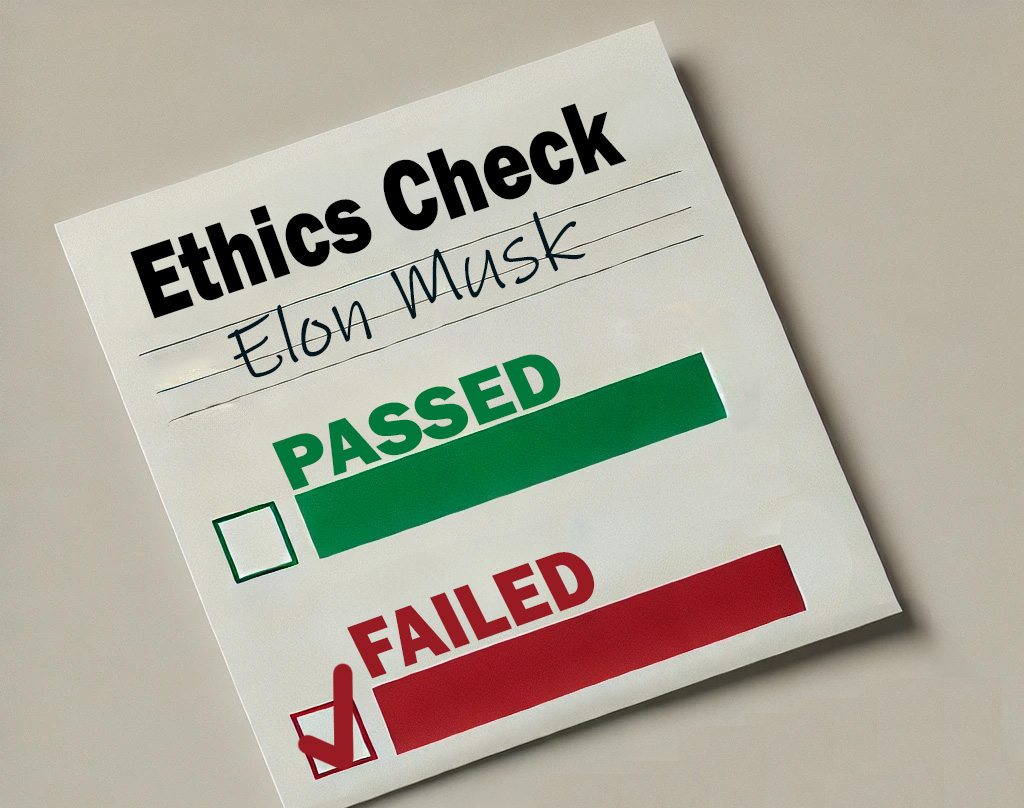
In recent weeks, Elon Musk has initiated a controversial campaign, offering $1 million a day to individuals who sign a petition supporting the First and Second Amendments. This offer, extended through his America PAC, is explicitly targeted at swing-state voters and aims to bolster conservative political causes, raising profound ethical and legal questions.
Background: A Political Power Play
Elon Musk’s involvement in U.S. politics has grown significantly over the years. In addition to his public endorsements, Musk has been an influential financial backer of conservative movements, reportedly contributing millions to causes aligned with Trump and other right-wing figures. His companies, such as Tesla and SpaceX, have also received massive federal contracts, placing him in a politically charged position with significant sway over regulatory matters. Recently, Musk upped the ante by offering $1 million a day to those who sign a petition supporting constitutional amendments, mainly targeting voters in crucial swing states.
The petition, part of Musk’s wider political engagement, is an explicit effort to rally support for the First and Second Amendments, aligning closely with conservative talking points. However, beyond its surface as a civic-minded giveaway, this initiative reeks of unethical manipulation.
The Unethical Nature of Musk’s Giveaway
While Musk frames his daily giveaway as a way to promote civic engagement, the ethics of this action are highly questionable. Essentially, he’s attaching a financial incentive to political participation, which comes dangerously close to vote buying. By targeting swing states, Musk’s real intention is clear: he seeks to influence voters in key electoral areas, turning their political support into a financial lottery.
The deeper ethical issue lies in how this promotion distorts the democratic process. By offering large sums of money in connection with a politically charged petition, Musk exploits the vulnerability of citizens, particularly those in economically challenging circumstances. This tactic leverages financial hardship to elicit specific political support, which fundamentally undermines the principle of free and fair elections. Democracy should not be bought or sold, yet Musk’s campaign dangerously flirts with that idea.
This also sets a dangerous precedent. If a billionaire can hand out significant sums to sway voters indirectly, it further entrenches the influence of money in politics—a trend that has long been criticized for eroding the foundations of democratic participation.
A Thinly Veiled Lottery Scheme
Musk’s daily million-dollar giveaway isn’t just ethically dubious; it also functions as an unlicensed lottery. A lottery is generally defined as a contest involving three key elements: prize, chance, and consideration. By promising a million-dollar prize, awarding it based on chance (a random drawing), and requiring participants to sign a politically motivated petition, Musk’s campaign checks all these boxes.
However, unlike regulated lotteries, which are subject to strict oversight and laws designed to protect participants, Musk’s version operates in a legal gray area. His initiative skirts around traditional licensing, avoiding the legal scrutiny and consumer protections that would apply to other lottery-style promotions. By operating under the guise of political activism, Musk has essentially created a high-stakes lottery without the legal guardrails that would typically apply.
Elon Musk’s million-dollar giveaway is more than just a publicity stunt—it’s a blatant attempt to distort democracy by financially incentivizing political support. The ethical concerns surrounding this practice are severe, and the lack of regulation around this unlicensed lottery only adds to the murky waters Musk is wading into. Rather than fostering meaningful political engagement, this campaign reveals the dangers of unchecked billionaire influence, where democracy is reduced to a game of chance, and integrity is sacrificed for personal gain. This manipulation of voters and democratic processes underlines why a system dominated by money and unchecked influence is incompatible with the secular humanist values of fairness, rationality, and equal rights for all. As Musk continues to blur the lines between influence and integrity, it becomes more crucial than ever to call out such exploitative practices for what they are: a direct threat to the democratic principles that should guide our society.


